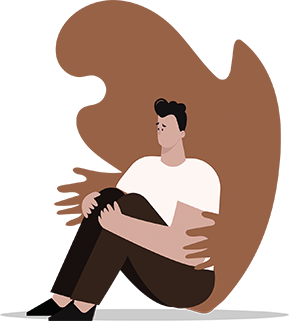Blog Details

Drug-De Addiction & Rehabilitation
Drug de-addiction and rehabilitation are processes aimed at helping individuals recover from substance abuse and regain control over their lives. The first step in the process is detoxification, where the body is cleared of the harmful substance under medical supervision to manage withdrawal symptoms safely. Following detox, rehabilitation programs typically involve a combination of therapy and counseling to address the psychological aspects of addiction. These programs may include individual therapy, group counseling, and family therapy to help individuals understand the root causes of their addiction, develop coping strategies, and rebuild relationships. Cognitive-behavioral therapy (CBT) and motivational interviewing are commonly used techniques that help individuals change their thought patterns and behaviors related to substance use. Rehabilitation also often focuses on life skills training, helping individuals improve their ability to handle stress, make positive decisions, and rebuild their self-esteem. Long-term success in recovery typically involves ongoing support, such as participation in support groups (e.g., Narcotics Anonymous) or continued therapy, to prevent relapse and encourage sustained sobriety. Through a combination of medical care, therapy, and support, drug de-addiction and rehabilitation aim to help individuals reclaim their lives and achieve lasting recovery.

